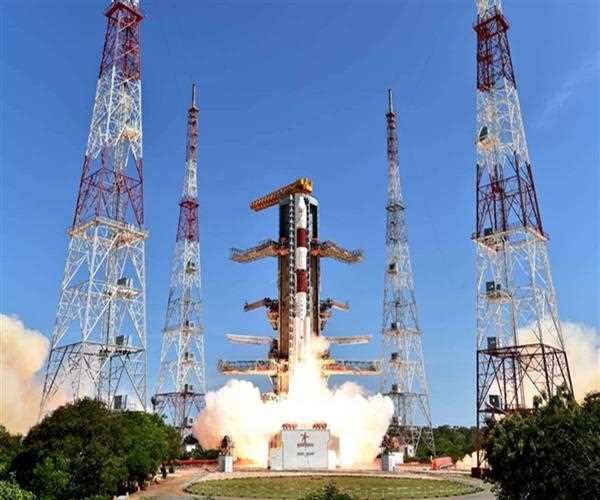
Chandrayaan -1 was the first mission of India to the Moon, launched on October 22, 2008, from the
Satish Dhawan Space Center (SDSC) from Sriharikota. It has its successful operation and completed
nearly 3000 revolutions around the moon. And also sent nearly 70, 000 images
of the lunar surface and provided breathtaking views of the lunar Mountains and creators.
Chandrayaan-1 also collected valuable data related to the chemical and mineral content of the Moon. Its orbit was
raised from 100 km to 200 km circular on 19 May 2019, the object of determining the
orientation of the spacecraft, which was carried out by the onboard star sensor, started to malfunction on
April 26, 2009. The ISRO devised a new technique to overcome this issue and used the redundant sensors
‘gyroscopes’ along with antenna pointing information and images of the specific location of the surface of the Moon, for determining the orientation of the spacecraft.
Important specification of the Chandrayaan -1
Mass – it was 1380 km at launch and 675 kg at lunar orbit, and
523 kg after releasing the impactor.
Dimensions
Having the shape of cuboid and approx. 1.5 meters.
Payload – the scientific payload is 90 kg and has 5 Indian instruments
and 6 foreign instruments.
Power – the main power source of the spacecraft is its solar array. Which covers a total
area of 2.15 into 1.8 m. And generate a total power of 750 W of peak power
and is stored in a 36 A-h Lithium-Ion Battery
Navigation and control
The craft was 3 Axis stabilized sensors with two-star sensors,
gyros, and four reaction wheels, a dual redundant bus management unit for altitude control, sensors for processing, and
antenna orientation.